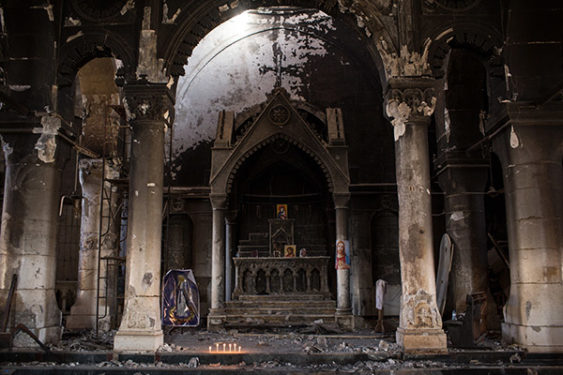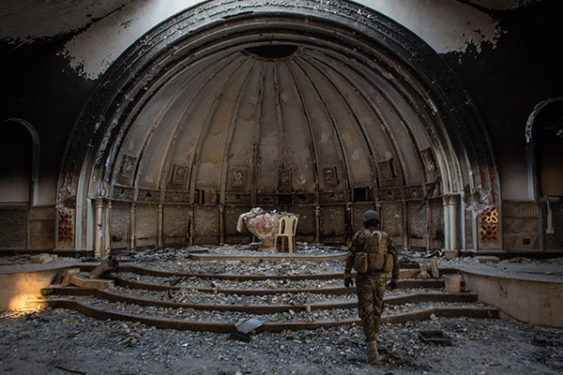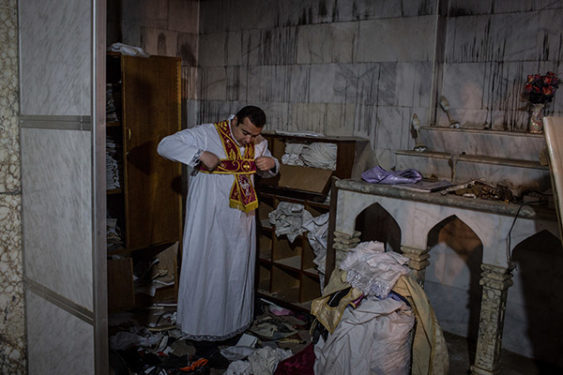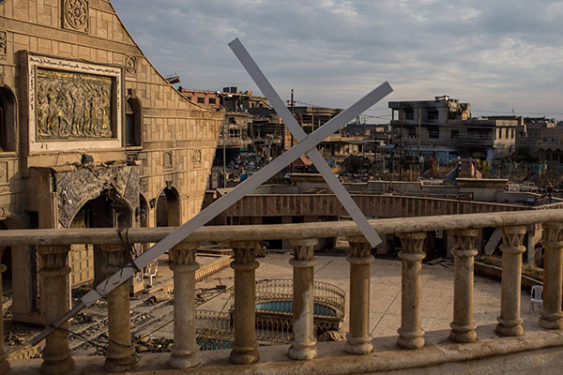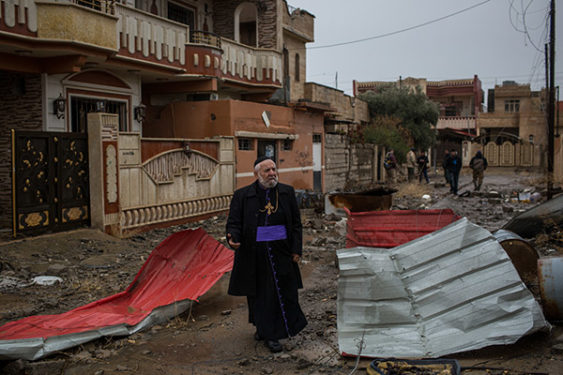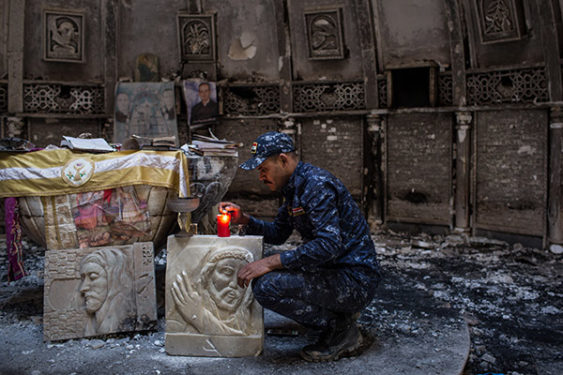By Engy Magdy, Special to The Tablet
UNITED NATIONS — Before the United Nations held its annual General Assembly last month, it addressed an urgent issue: attacks on religious sites and violence against religious minorities.
The final straw that prompted the U.N. to formulate its “United Nations Plan of Action to Safeguard Religious Sites” was the mass murder earlier this year at two mosques in Christchurch, New Zealand.
The plan was developed in conjunction with the U.N.’s “Strategy and Plan of Action on Hate Speech” to address the root causes of violence. Specifically, the U.N. in a statement said that during times of war religious sites will be “protected by international humanitarian law” and said that attacks against the sites will be deemed war crimes.
The U.N. also pledged to counter the messages of hate with messages of peace.
Also, at the U.N. last month, President Trump spoke decrying the lack of religious liberty around the world. He said the United States will spend an additional $25 million to protect religious freedom and sites, as well as relics, worldwide.
A scan across the world shows the violence many religious people, and in particular Christians, face. The violence ranges from widespread, systemic oppression in some countries to isolated,
but still horrific, incidents in others.
Egypt
Coptic Christians have been targeted since the 1970s, but have been facing unprecedented attacks since the 2011 Arab Spring uprising. The election of the Muslim Brotherhood in 2012 brought even more violence.
In July and August 2013, Muslim Brotherhood followers burned down and vandalized more than 40 churches in Egypt and attacked dozens of Christian institutions and schools, as well as Coptic-owned business and homes, according to Human Rights Watch.
Since 2016, Coptic Christians have had to deal with a wave of terror attacks.
Iraq and Syria
The violence ISIS committed against Christians and Yazidis, another religious minority, was recognized by the U.S., the European Union and the U.K. as a genocide. The terrorist group razed more than 100 churches and monasteries in Iraq, including some that dated back to the sixth century.
China
House and underground churches traditionally face the brunt of persecution, but under President Xi Jinping, state-sanctioned churches have been targeted as well. Repression of Christians includes harassing and detaining believers, blocking entry to sites of worship, interrupting gatherings, dismantling crosses, demolishing churches and disbanding congregations, according to the Council on Foreign Relations.
United States
Last October, 11 worshipers were killed and two congregants wounded when a gunman opened fire at the Tree of Life Synagogue in Pittsburgh.
New Zealand
In March, an armed man shot worshipers in two mosques in Christchurch, killing 49.
Sri Lanka
On Easter Sunday in April, more than 250 were killed when three churches in Sri Lanka and three luxury hotels in the capital city of Colombo were targeted in a series of coordinated terrorist suicide bombings.

